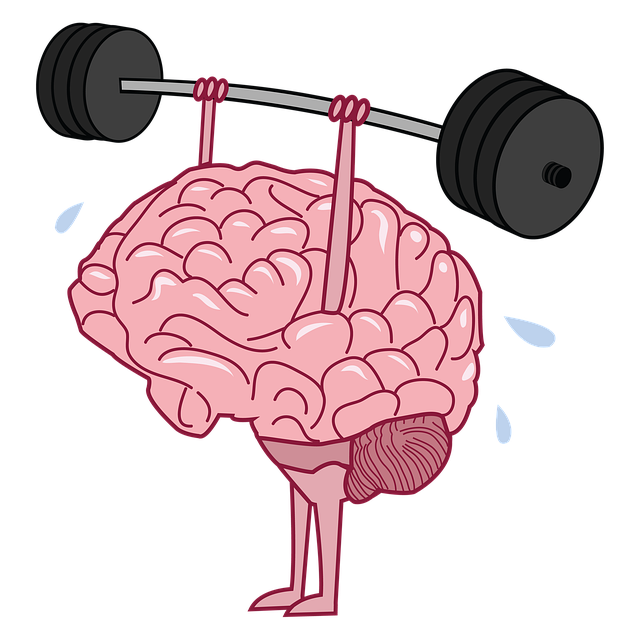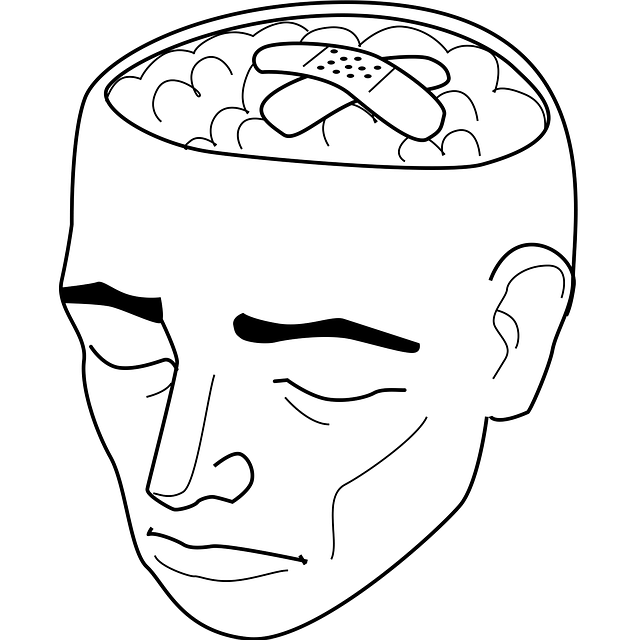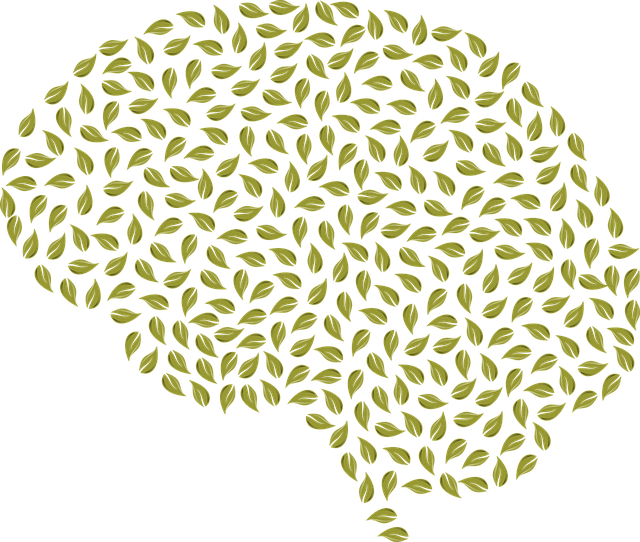Wheat Ridge ADD-ADHD Evaluations Therapy offers compassionate strategies for managing impulsivity, hyperfocus, and emotional intensity. Through holistic evaluations, therapists teach effective coping mechanisms, crisis intervention, mood management, and mindfulness practices. Cognitive Behavioral Techniques (CBT) reframe negative thought patterns, empowering individuals to control emotions and improve overall well-being. Holistic approaches like structured routines and physical activity complement therapy, fostering mental health awareness and enhanced self-esteem for ADD-ADHD clients in Wheat Ridge.
Emotion regulation techniques play a pivotal role in managing Attention Deficit Hyperactivity Disorder (ADD-ADHD). This comprehensive guide explores effective strategies tailored to the unique needs of individuals navigating ADD-ADHD. From understanding the significance of emotion regulation in symptom management to practical daily tools, we delve into proven approaches like mindfulness training and cognitive behavioral techniques. Discover how Wheat Ridge therapy evaluations help patients harness emotional control for enhanced well-being.
- Understanding Emotion Regulation and its Significance in ADD-ADHD Management
- Wheat Ridge Therapy Approaches: Evaluating the Needs of Individuals with ADD-ADHD
- Teaching Mindfulness: A Powerful Tool for Emotions Control
- Cognitive Behavioral Techniques: Helping Clients Reframe Emotional Responses
- Practical Strategies for Daily Life: Empowering ADD-ADHD Patients to Manage Their Emotions Effectively
Understanding Emotion Regulation and its Significance in ADD-ADHD Management

Emotion regulation is a crucial aspect of managing Attention Deficit Disorder (ADD) and Attention-Deficit/Hyperactivity Disorder (ADHD). It involves understanding, controlling, and responding to one’s emotions in adaptive ways. For individuals with ADD-ADHD, who often struggle with impulsivity, hyperfocus, and emotional intensity, learning effective emotion regulation techniques can be transformative. These strategies empower them to navigate their feelings, improve focus, and enhance overall well-being.
At Wheat Ridge ADD-ADHD Evaluations Therapy, we recognize the significant role emotion regulation plays in symptom management. Through tailored therapy sessions, individuals learn compassion cultivation practices to develop a deeper understanding of their emotions. By integrating these skills, they can prevent depression and effectively manage symptoms associated with trauma, fostering a more balanced and fulfilling life.
Wheat Ridge Therapy Approaches: Evaluating the Needs of Individuals with ADD-ADHD

In Wheat Ridge, therapy approaches for individuals with ADD-ADHD focus on a holistic evaluation to understand each person’s unique needs and challenges. This process involves assessing executive functioning skills, attention spans, and emotional responses to various situations. The goal is not just to manage symptoms but to empower individuals with effective coping mechanisms. Therapists utilize techniques such as crisis intervention guidance to help clients navigate intense emotions and develop strategies for de-escalation.
By evaluating mood management and positive thinking patterns, Wheat Ridge therapists aim to teach individuals with ADD-ADHD how to regulate their emotional states proactively. This includes learning mindfulness practices, cognitive reframing, and skill-building exercises tailored to their specific requirements. Through these methods, clients gain better control over their behaviors and improve their overall well-being, fostering a more balanced and fulfilling life.
Teaching Mindfulness: A Powerful Tool for Emotions Control

Teaching mindfulness is a powerful tool for helping individuals, especially those with Wheat Ridge ADD-ADHD Evaluations and Therapy needs, to gain better control over their emotions. Mindfulness Meditation encourages people to focus on the present moment, observing thoughts and feelings without judgment. This practice allows individuals to recognize emotional triggers early on and develop healthier responses. By integrating mindfulness into daily routines, one can enhance emotional intelligence and resilience.
Incorporating conflict resolution techniques alongside mindfulness meditation can further support emotion regulation. These techniques teach individuals how to navigate intense emotions during interactions with others. With proper guidance, folks can learn to express their feelings constructively, avoiding behaviors that might exacerbate issues. This proactive approach to emotional control is beneficial for managing not just ADD-ADHD symptoms but also plays a key role in preventing depression.
Cognitive Behavioral Techniques: Helping Clients Reframe Emotional Responses

Cognitive Behavioral Techniques (CBT) offer a powerful approach to emotion regulation, empowering individuals to manage their emotional responses effectively. Through CBT, clients learn to identify and challenge negative thought patterns that contribute to intense emotions. For instance, during Wheat Ridge ADD-ADHD evaluations and therapy, CBT can help individuals reframe impulsive actions or immediate reactions as opportunities for learning and growth. By encouraging a more balanced perspective, clients can develop coping strategies tailored to their unique experiences.
This process involves helping them recognize emotional triggers, understand the connection between thoughts and feelings, and replace unhelpful cognitive distortions with realistic, positive alternatives. Mental Health Awareness advocates emphasize the importance of such techniques in fostering Self-Care Practices. Moreover, Risk Management Planning for Mental Health Professionals can benefit from incorporating CBT as a core strategy, ensuring safe and effective treatment outcomes.
Practical Strategies for Daily Life: Empowering ADD-ADHD Patients to Manage Their Emotions Effectively

For individuals with Attention Deficit Disorder – ADHD or ADD, managing emotions effectively can be a significant challenge. However, there are practical strategies that can empower them to navigate their daily lives with greater ease and self-control. These techniques often form a crucial part of therapy, especially during Wheat Ridge ADD-ADHD evaluations, focusing on holistic approaches like compassion cultivation practices. By fostering mental health awareness, patients learn to identify and regulate their emotions, leading to improved self-esteem and overall well-being.
One effective method is mindfulness training, which teaches individuals to stay present and observe their feelings without judgment. This simple yet powerful tool helps ADD-ADHD patients develop a deeper understanding of their emotional triggers, enabling them to respond rather than react impulsively. Additionally, engaging in regular physical activity, structured routines, and cognitive-behavioral therapy sessions can further enhance emotion regulation capabilities, making it easier for individuals to manage stress and maintain focus throughout the day.
In conclusion, effective emotion regulation techniques are instrumental in managing ADD-ADHD symptoms. By combining evidence-based approaches like mindfulness training and cognitive behavioral therapies, as exemplified by Wheat Ridge therapy methods, individuals with ADD-ADHD can gain significant control over their emotional responses. Comprehensive evaluations tailored to each patient’s unique needs empower them to implement practical strategies for daily life, fostering a sense of empowerment and improved well-being. These techniques not only enhance overall quality of life but also serve as a powerful tool in navigating the challenges associated with ADD-ADHD.














